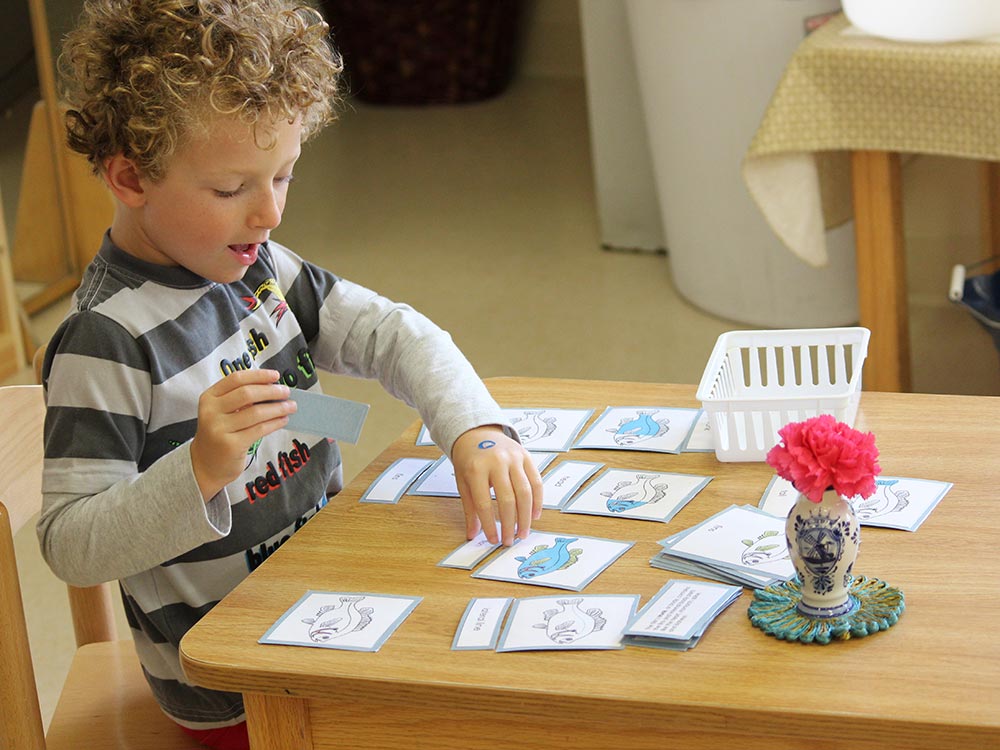It's more like 'digital heroin' than electronic lego - a Mothers experience with Minecraft
Susan made a decision to buy her 6-year-old son, John, an iPad when he was in first grade.
During one of her therapy sessions, she explained, “I figured, why not get him started early?” The school that John attended had started using iPads with younger and younger grades, and his technology teacher had praised the educational benefits.
Being a caring mom, Susan wanted to do what she thought was best for her son, who had a sandy-colored hair and had a passion for both reading and playing outdoors.

As a result, Susan allowed John to play various educational games on his iPad. Eventually, he stumbled upon Minecraft, which his technology teacher assured her was similar to playing with electronic Lego. Fondly remembering her own childhood experiences of playing and building with Lego, Susan didn’t mind Paul spending his afternoons Minecrafting away.
At first, it seemed like John really enjoyed playing the game, and the fact that his school even had a Minecraft club only reassured Susan that it couldn’t be all that bad.
However, she couldn’t ignore the changes she noticed in John. He became increasingly fixated on the game, losing interest in activities like baseball and reading, and even started refusing to do his chores. Some mornings, he would wake up claiming to see cube shapes in his dreams.
"I entered his room to check on him.
He was supposed to be asleep — and I was absolutely terrified..."
Although Susan felt concerned about her son’s behavior, she tried to convince herself that he simply had a vivid imagination. But as time went on and John’s behavior continued to decline, she attempted to take the game away, only to be met with intense temper tantrums.
The outbursts became so severe that she eventually gave in, continuously telling herself that “it’s educational.”
Then, one night, Susan had a sudden realization. She walked into John’s room to check on him, only to find him wide awake when he was supposed to be fast asleep. The sight struck fear into her heart…
“I entered his room to check on him. He was supposed to be asleep — and I was absolutely terrified…“
She discovered him sitting upright in bed, wide-eyed and with bloodshot eyes fixated on something in the distance, his illuminated iPad lying next to him. It appeared as though he was in a trance.
Susan was beside herself with panic and had to shake the boy repeatedly to bring him back to reality. Distraught, she couldn’t comprehend how her once-healthy and happy little boy had become so fixated on the game that he ended up in a catatonic state.
Eventually, Susan took away John’s tablet, but the road to recovery was a challenging one, filled with numerous obstacles and setbacks.
Four years later, thanks to immense support and reinforcement, John has made significant progress. He has learned to use a desktop computer in a more balanced manner and has reintroduced balance into his life: joining a baseball team and making close friends in middle school.
However, his mother remains watchful and proactive regarding his technology usage because, as with any addiction, relapse can unexpectedly occur during moments of weakness. Ensuring that healthy alternatives are accessible, keeping computers out of his bedroom, and having tech-free family dinners are all part of the solution.
*Names have been changed for confidentiality.
the reality is even more alarming than we may think...
Recent Research
Many parents have a gut feeling that constant exposure to screens is negatively affecting their children. We witness tantrums when devices are taken away and short attention spans when kids aren’t constantly stimulated by their over stimulating devices.
What’s even worse is that children become bored, indifferent, uninteresting, and unengaged when they’re not plugged in. However, the reality is even more alarming than we may think.
Recent research using brain imaging reveals that iPads, smartphones, and Xboxes are actually a form of digital addiction. They impact the brain’s frontal cortex, which is responsible for things like self-control, in the same way that cocaine does.
The hyper-arousing nature of technology increases dopamine levels in the brain, just like sex does – hence the addictive nature.
This addiction has led experts like Dr. Peter Whybrow from UCLA to dub screens as “electronic cocaine,” and Chinese researchers have named them “digital heroin.” Dr. Andrew Doan, who studies addiction for the Pentagon and US Navy, describes video games and screens as “digital pharmakeia” (meaning drug in Greek).
So, it’s no surprise that when kids play Minecraft, their brains look similar to a brain on drugs. This is why it’s so challenging to tear kids away from their screens and why they become agitated when their screen time is interrupted.
On top of that, numerous studies have shown that screens contribute to increased depression, anxiety, aggression, and even cause video gamers to disconnect from reality.
Conclusion
So how do we keep our children from crossing this line? It’s not easy.
The key is to prevent your 4-, 5- or 8-year-old from getting hooked on screens to begin with. That means Lego instead of Minecraft; books instead of iPads; nature and sports instead of TV. If you have to, demand that your child’s school not give them a tablet or Chromebook until they are at least 10 years old (others recommend 12).
Have honest discussions with your child about why you are limiting their screen access. Eat dinner with your children without any electronic devices at the table — just as Steve Jobs used to have tech-free dinners with his kids.
Replace Minecraft for Hands-on Learning with
Montessori Learn-Through-Play System
- Fighting Over Screen Time? Try This 30-Minute Mom-Friendly System Instead!
- From Bored to Engaged: Discover the Secret to Keeping Your Child Entertained
- Complete Learning Package: A Comprehensive Hands-On Learning System For 2-6 Year Olds!
- Unlock the Power of Tomorrow: Transform Your Child's Skills Today!
- Set For Success! Scientifically-Backed System For Holistic Development And Lifelong Achievement.

